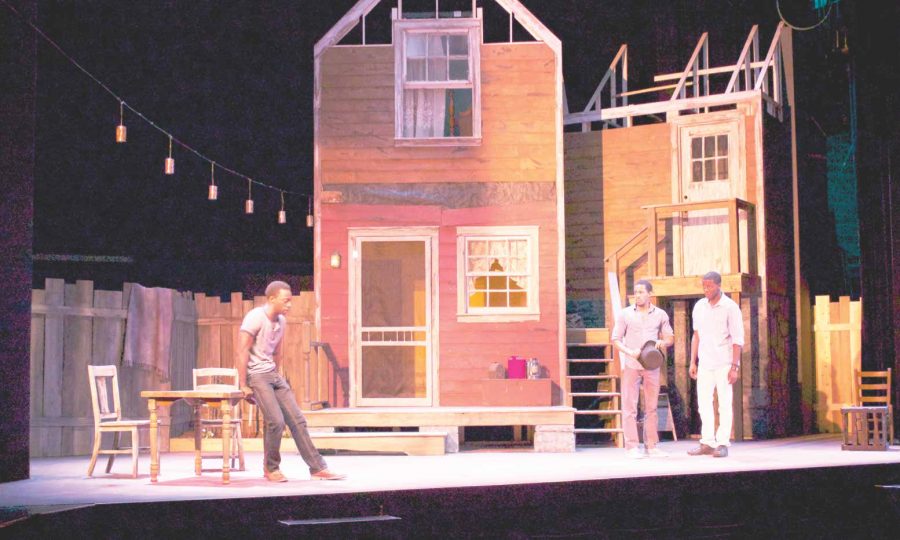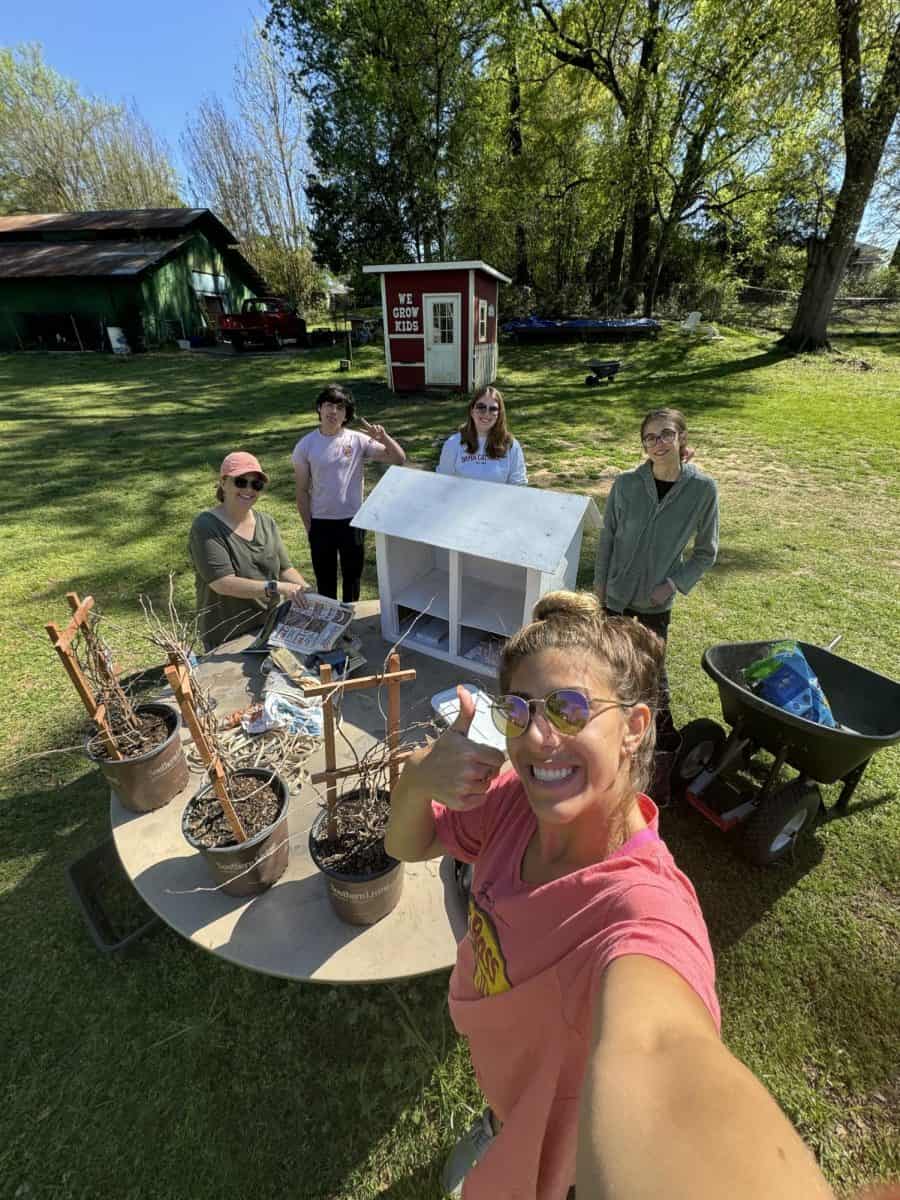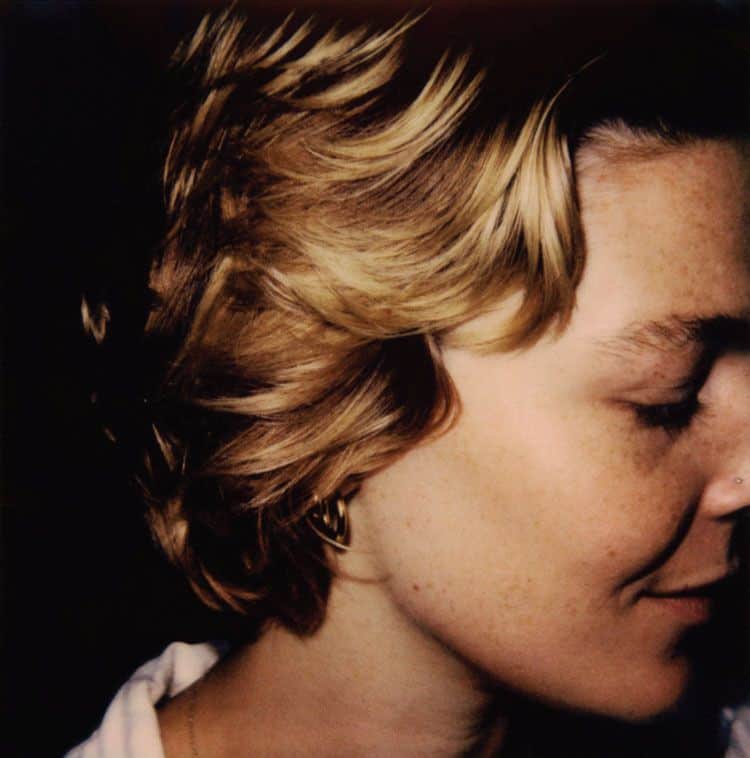An all-black cast will explore the racial tensions of the 1940s in the latest production by the University of Alabama’s department of theatre and dance. “Seven Guitars,” a play by August Wilson, will premiere Oct. 7-13 in the Marian Gallaway Theatre.
After struggling blues singer Floyd “Schoolboy” Barton’s song “That’s Alright” becomes a hit, he returns to his home in Pittsburgh, Penn., to win the heart of his dream girl. The play follows Floyd and his makeshift family as he struggles to follow his dream, despite segregation and racism. Floyd’s struggles eventually lead him to make a horrifying decision that causes his community to face great loss.
While the play focuses on the loss of the community, Director Seth Panitch, associate professor of acting, said it also focuses on the resilience of the black community to keep chasing dreams in the face of adversity.
“We’ve chosen to focus on the courage of the community, and African-American communities throughout the years to continually, after their dreams are destroyed, get back up off the canvas and fight again,” Panitch said.
“Seven Guitars” is part of a cycle of plays by Wilson that focus on the black experience over a 100-year period, with each play representing a different decade. Panitch said he became interested in staging “Seven Guitars” because the theatre department has not performed a play by Wilson in more than a decade and the play gives the department the opportunity to bring focus to the growing number of talented black actors in the department. Another factor in the choice to stage “Seven Guitars” was the 50th anniversary of the official desegregation of the University.
“We wanted to celebrate that [anniversary] again with a play about the horrors of segregation and the way it degrades the dreams of people in the country,” Panitch said.
For some of the actors, portraying their “Seven Guitars” characters presented both challenges and rewards. Motell Foster, a senior majoring in theatre, plays the character of King Hedley, an older man who is obsessed with becoming the person he believes his father wanted him to be. Hedley is also fixated on the idea that the musician Buddy Bolden will bring him enough money to buy a plantation.
Like the other characters, Hedley faces great loss and the death of a dream. Foster said understanding his character’s obsessions and feeling the tremendous loss and fear he faces as a result of not being able to achieve his dreams was a challenge. Foster also said he hopes the audience will be able to relate to the characters who cannot achieve their dreams because of their oppressive social context.
“I think the audience will most identify with some people going after dreams wholeheartedly, and I would hope that they would sympathize with blacks during the ’40s, pre-civil rights,” Foster said. “I think when [audience members] see that there are dreamers out there who want the dream so vividly, so profoundly, but they can’t grasp it just because of the time they live in, it will have a lasting impact on them.”
Following and achieving dreams is especially important to the play’s protagonist, Floyd, who is determined not to live in poverty, but to be a successful musician. Nick Rashad Burroughs, a senior majoring in musical theatre, plays Floyd and said he shares the character’s dreams of becoming a musician.
“I feel like this character is a lot of me because I have huge dreams of graduating, going to New York and having a successful career as a singer, actor and dancer just as [Floyd] has dreams of going to Chicago, where blues is huge, and becoming Muddy Waters,” he said.
“Seven Guitars” will be performed in the Marian Gallaway Theatre at 7:30 p.m. from Monday, Oct. 7, through Saturday, Oct. 12, and at 2 p.m. Sunday, Oct. 13. Tickets are $18 for adults, $15 for UA faculty and staff and $12 for students and children. Tickets are available at the box office located in Rowand-Johnson, by calling 205-348-3400 or online at theatre.ua.edu.







